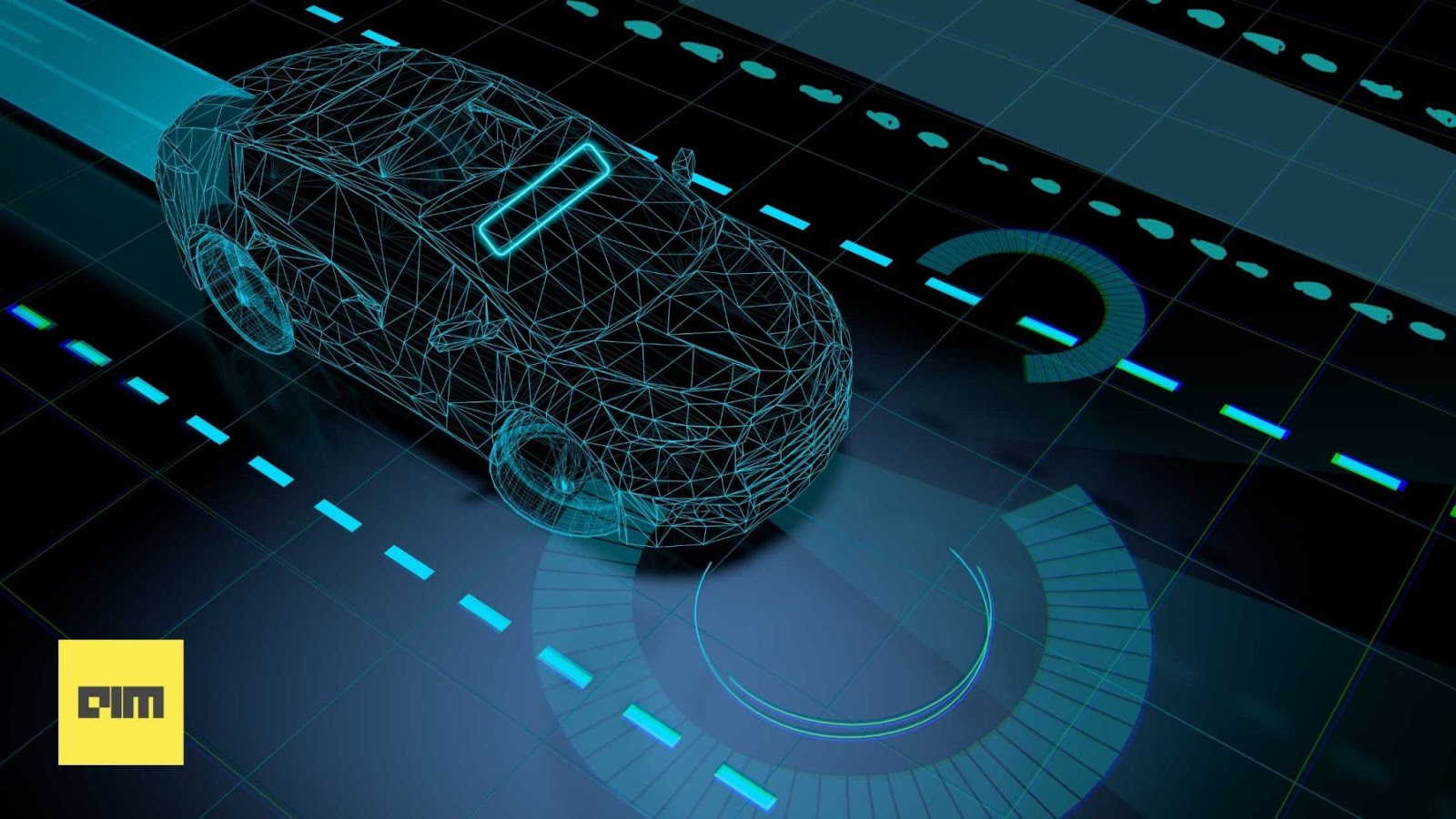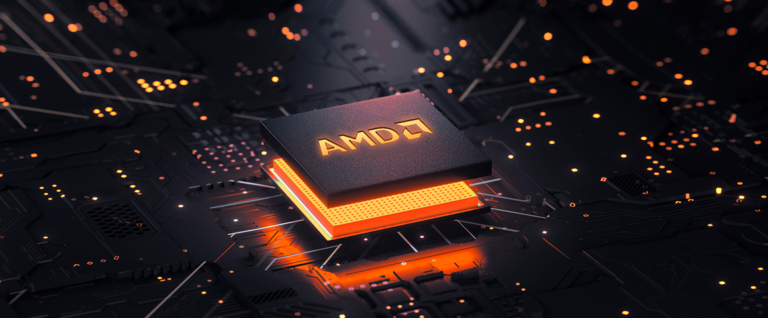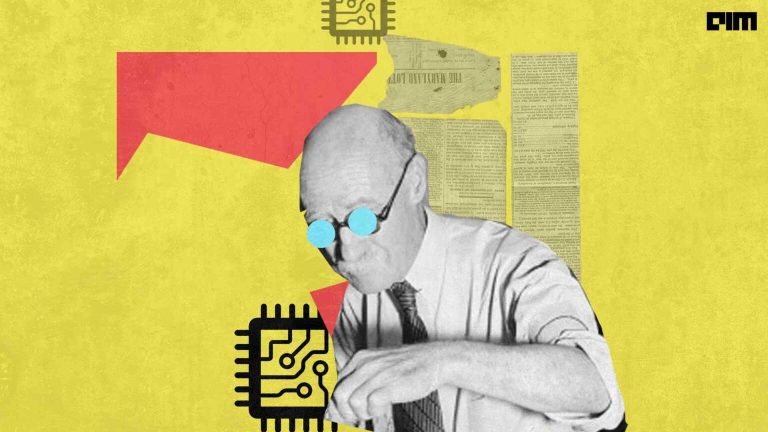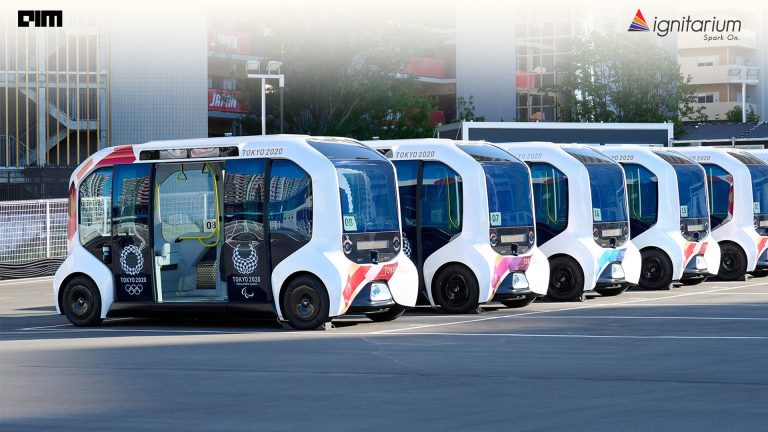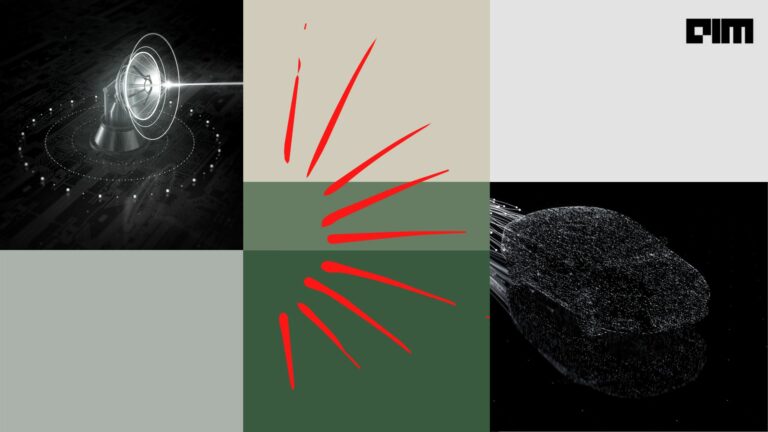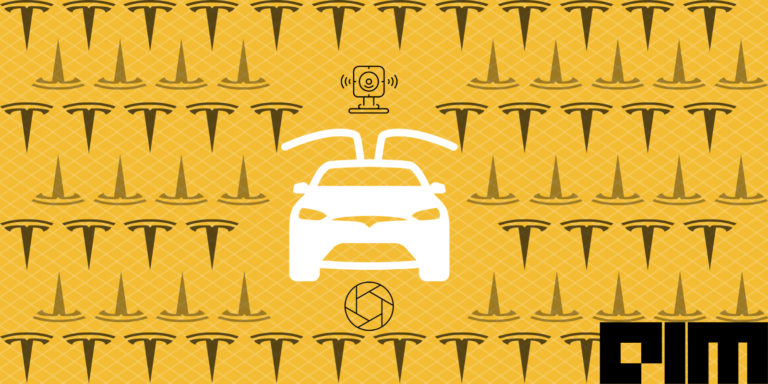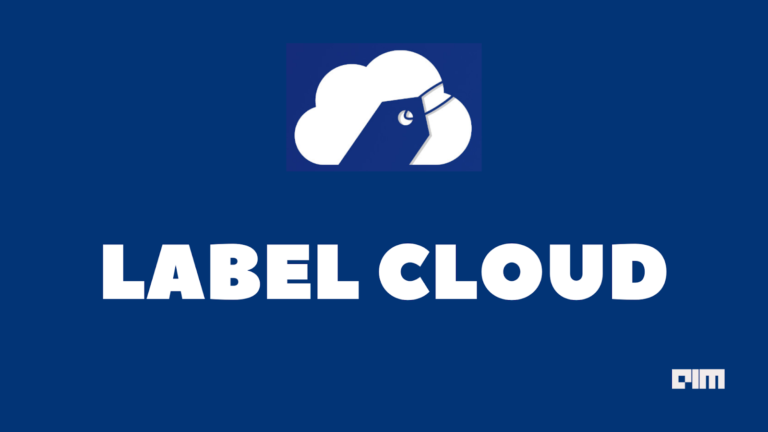Starting as a small local enterprise in 1927, Volvo has grown into a major player in the commercial transport and infrastructure solutions market.
In May last year, Volvo announced choosing Luminar to supply lidar sensors for its next-generation XC90. The SUV will come with state-of-the-art sensors, including LiDAR technology and an autonomous driving computer powered by the NVIDIA DRIVE Orin system-on-a-chip. The suite of advanced safety features will be a standard on the successor to Volvo Cars’ XC90, unveiling in 2022.
The next generation of pure electric Volvo Cars will have industry leading safety technology including LiDAR and an AI-driven super computers as standard to help save lives. The fully electric successor to our XC90 will be revealed in 2022.
— Volvo Cars (@volvocars) June 24, 2021
Read more: https://t.co/otz2CBqKyH pic.twitter.com/8vWrf57nan
Although Volvo will not be the first vehicle to use lidar, it will most likely be the first to include it as standard equipment. It follows Tesla’s lead by integrating the whole hardware suite as standard equipment on the XC90, as it did with its second-generation Autopilot in 2016. Other competitors in the market– Mercedes-Benz, BMW, Lucid and Xpeng– are planning future products with lidar as an option.
What is LiDAR technology?
LiDAR stands for light detection and ranging. It is also known as laser or 3D scanning. The technology creates a 3D depiction of the area using eye-safe laser beams and sends out infrared light pulses into the surrounding environment. Based on the speed of light, the duration between the outgoing laser pulse and the reflected laser pulse allows the LiDAR sensor to determine the distance from each object. LiDAR collects millions of such exact distance measurement points every second to generate a 3D matrix of its surroundings. This complete mapping of the environment can provide information on things’ position, shape, and behaviour.
Today most semi-autonomous and autonomous vehicles use sensor technologies. The sensor suite includes radar, which provides superior all-weather performance and greater distance and velocity accuracy, but not sufficient resolution. On the other hand, LiDAR gives 3D measurement data, even in poor weather and low illumination circumstances. With the new sensing technology, the vehicle’s environment may be more reliably represented.
With LiDAR, vehicle navigation and obstacle avoidance have become more accessible solutions. It allows cars to quickly identify, avoid, and travel safely through varied surroundings. As a result, many essential automotive and mobility applications, including advanced driver assistance systems and autonomous driving, are made possible by the widespread use of LiDAR today.
According to Volvo Cars, utilising the new state-of-the-art hardware along with the Zenseact and Luminar software will help cut fatalities and collisions across the board. Additionally, Volvo has introduced a new package to improve safety. It includes updates over the air and may reduce collisions over time.
“Volvo Cars is and always has been a leader in safety. It will now define the next level of car safety,” said Håkan Samuelsson, Chief Executive at Volvo. “By having this hardware as standard, we can continuously improve safety features over the air and introduce advanced autonomous drive systems, reinforcing our leadership in safety.”
The new technology is predicted to increase in capability with time until it becomes more adept and can aid the driver in life-threatening situations. Rather than waiting for the danger to arise, this new safety system will intervene as needed to avert collisions.
(Source: Volvo Cars, Sensors on electric successor to XC90 – Complete sensor set )
While the corporation recognises that the lives and safety of others are of utmost importance, it also sees a possible added benefit of decreased insurance costs if fewer people are injured in automobile incidents using Volvo vehicles. All fully electric Volvo cars have a care package standard onboard. This care package has insurance coverage included.
Apart from the sensor suite and AI computer performance, Volvo’s flagship model will also have backup systems for critical functions such as steering and braking that makes it ready for self-driving. In addition to the in-house highway pilot feature created in conjunction with Volvo Cars’ autonomous driving software development company Zenseact. The optional highway driver will be activated for clients if certified safe and legally permitted for individual geographic regions and conditions.
Volvo Cars revealed that it would employ NVIDIA technology to centralise computing. Through over-the-air updates, the core computer and autonomous drive computer, powered by NVIDIA technology, allows cars to grow safer, more personal, and sustainable over time. While also providing the computational capacity required for vision and LiDAR processing.
The new safety technology underscores Volvo’s commitment to collaborating with industry leaders like Luminar, NVIDIA, and Zenseact to help Volvo’s customers receive the safest and best vehicles possible. Other agreements and these collaborations will give Volvo Cars the technological foundation it needs to be one of the fastest-growing firms in a rapidly changing industry. While inclination towards self-driving cars and AI grows in the automotive industry, these new developments by Volvo and its competitors will define the future of autonomous vehicles in the coming years.


